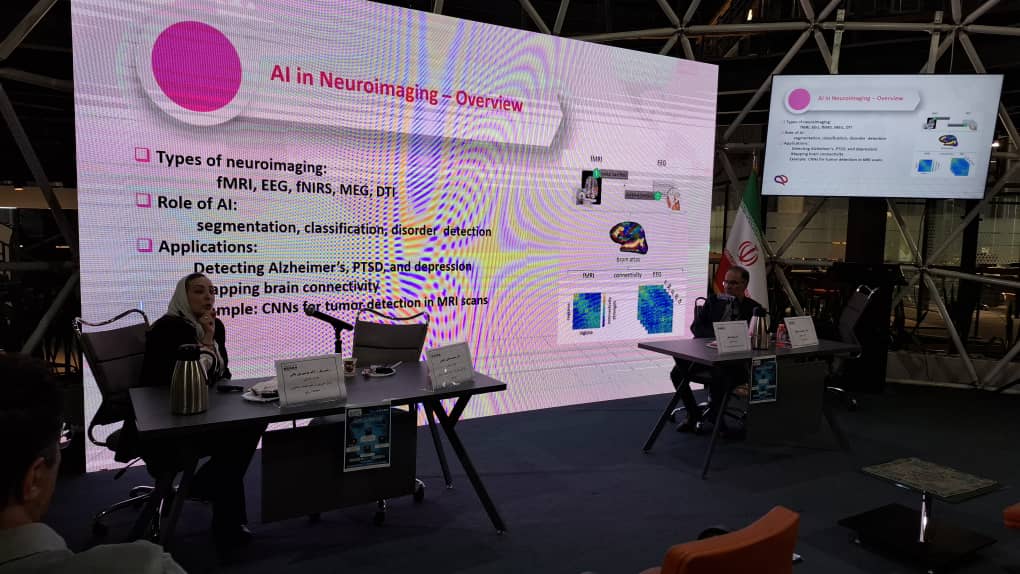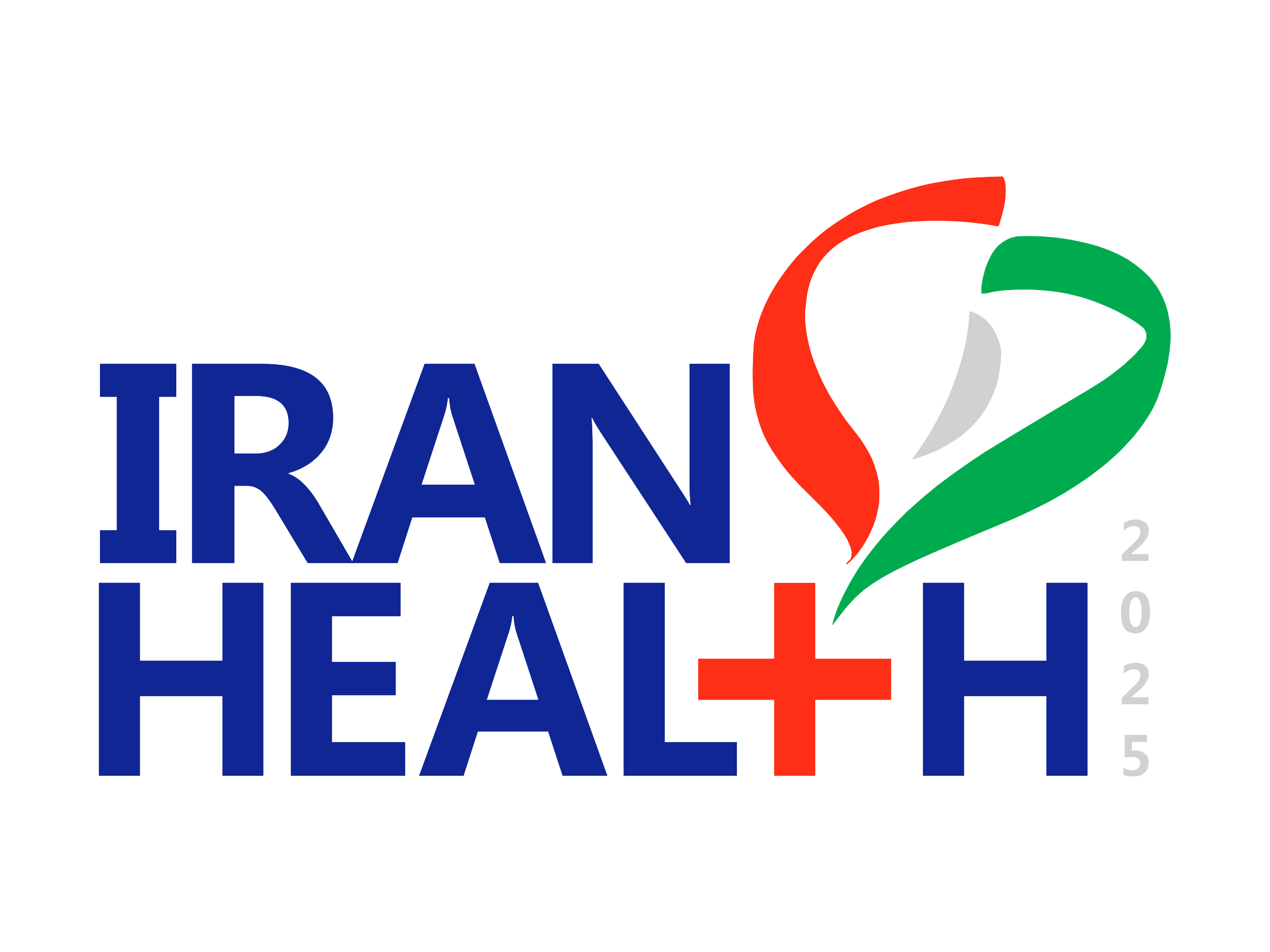Artificial Intelligence Should Serve as a Physician’s Assistant

June 10, 2025 – At the “AI in Healthcare” forum, leading experts emphasized that artificial intelligence must act as an assistant to physicians rather than a replacement. Dr. Mostafa Bahmanabadi noted that the inefficiency of traditional hospitals—marked by manual processes, fragmented information, and heavy dependence on human labor—contributes to medical errors, one of the leading causes of mortality worldwide. Transitioning toward smart hospitals is therefore essential.
While direct examination, observation, and physical assessment remain central to medical diagnosis, Bahmanabadi stressed that AI is best positioned to support, not supplant, the clinician. Final diagnostic and treatment decisions should always rest with the physician, with AI enhancing the precision and depth of clinical analysis, ultimately improving care quality.
Smart hospitals must go beyond superficial digital upgrades or advanced equipment; the true goal is to tangibly enhance treatment outcomes, efficiency, patient experience, and staff satisfaction. Bahmanabadi highlighted the importance of integrated digital health records and real-time data, which enable predictive healthcare ecosystems and better patient management from admission to post-discharge care.
According to global studies, the implementation of smart hospital technologies has resulted in a 40% increase in patient satisfaction, a 30% reduction in average diagnosis time, and a 25% decrease in operational costs in countries such as Germany, South Korea, and China.
Key transformative technologies in smart hospitals include artificial intelligence, the Internet of Things, cloud infrastructure, and the reengineering of clinical and non-clinical processes. Bahmanabadi concluded that the focus must shift from decorative technology adoption to real improvements in healthcare delivery, reducing errors and enhancing the system’s efficiency so that technology delivers tangible value to both patients and providers.
